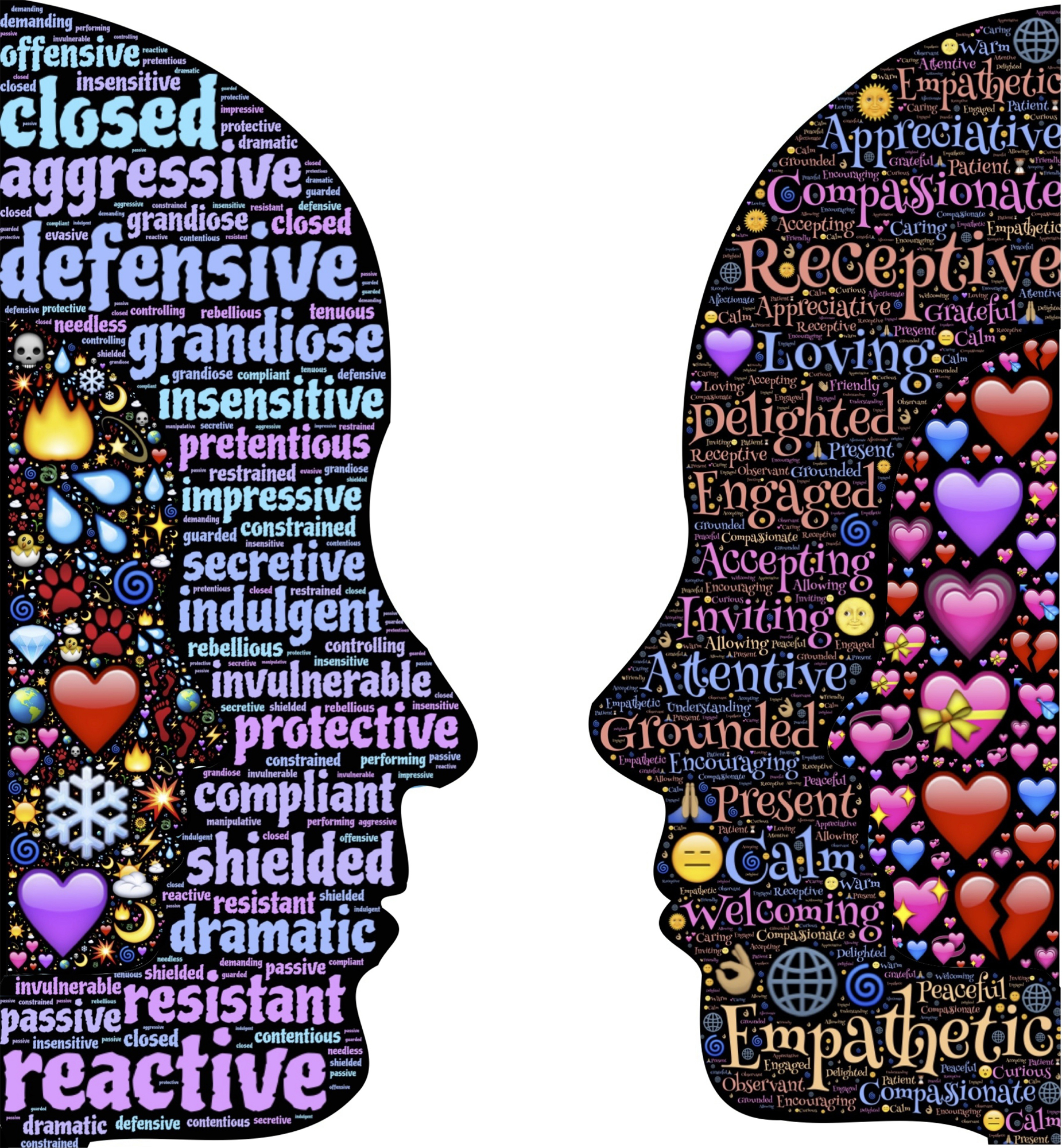Harnessing the power of inner sustainability, systems awareness and adaptable leadership to achieve effective outcomes through complex challenges, with high performance and high wellbeing.
"Leadership emerges from relationships and the interactions you have with others and the environment around you.
Great leadership doesn't just happen by itself. It starts with how you lead yourself. It requires knowledge, awareness of self, others, and the context, and active choices about how you think, feel and respond at any given moment."
Dr Sue Mitchell


Our approach to leadership helps you understand some of the simple steps that support you to be a great leader despite the complexity of context dependent leadership. Just as a compass guides you through a physical landscape, our mindset approach guides you through the leadership landscape.
The mental model we work with is Trust, Compassion and Systems Thinking are the currencies of engaging, inspiring and empowering leadership. Leaders that do the 'inner work' to recognise their own mental models, think about their thinking and develop their systems perspectives are able to raise their own inner sustainability. Only then do they have the inner strength and capacity to lead the transformational change that is so often required in these times, within organisations and also globally to create a sustainable future for the planet.
Most people recognise good leadership and bad leadership but struggle to define it in simple terms, largely because leadership is no one thing. It is an emergent property: Leadership emerges from our relationships with other people. Leadership is not just about what you do. It is about the way you are, the way you think, feel and act and interact with other people and affect how they feel, think and act as a result. Great leaders do this in a way that nurtures a positive, psychologically and emotionally safe environment with high levels of trust, engagement, wellbeing and creativity, where everyone can excel.
Context is everything when it comes to leadership! Systems thinking helps you recognise that the challenges we face are complex and paradoxical with no single solution. The most persistent challenges tend to involve multiple dynamically interacting systems where you need to understand the perspective from all parts of the system to understand the impact of changes in one part. Very often the solution to your problem lies in another part of the system.
Systems thinking also helps you engage and communicate with other people. When you can stand in another's shoes , see things from their perspective and from where they are in the system, and then respond so they feel heard and understood, you are better able to understand them, support them and bring them with you. You also gain a more complete picture of the situation, and can adjust your leadership style and behaviours accordingly.

The program was designed around encouraging senior leaders to (i) assess and lead through the challenges the organisation is facing and (ii) enhance leadership in alignment with the organisation's strategic plan. This included the overall purpose, vision & mission, values, and strategic priorities as well as their leadership competencies.
Topics included: What is Leadership?; The Power of Positive Mindset, Resilience and Adaptablity; Leading and Managing Remotely; Leading with a systems thinking approach: Embracing strategic challenges & providing direction ; Team Development; Leadership Styles; Emotional Intelligence; Communication; Coaching; Supportive and Empowering Leadership: Developing initiative, delegation, and changing the paradigm.
This program was commissioned after a full day in-person event recieved uniformly positive feedback with high engagement including even those people who are normally not engaged.







Your role as a leader, particularly during difficult times, is to provide direction with confidence and inspire other people to want to go there too, feel resolved and determined to get there, and believe that they can no matter what curve-balls life throws in the way.
In just about any situation at work and in other areas of your life, understanding how to lead with integrity and flexible leadership styles will make you more effective and bring people with you. This interactive event explores leadership frameworks ( including Hersey and Blanchard Situational Leadership and ILM72) that help you recognise your own preferred style and the strengths and weaknesses of each style depending on the situation and people involved. Great leadership is highly context dependent and no one style suits all situations. The best leaders are able to match their style to the situation.

Events are delivered in the room and virtually.
For virtual events, I recommend a maximum duration of 2.5 hours including a break for people to get the most out of an online event. If you require a virtual event that would normally be a full day masterclasses, I recommend we do it over two or three sessions that can be a week or longer apart.
Book a call to discuss your queries & requirements
Contact Sue